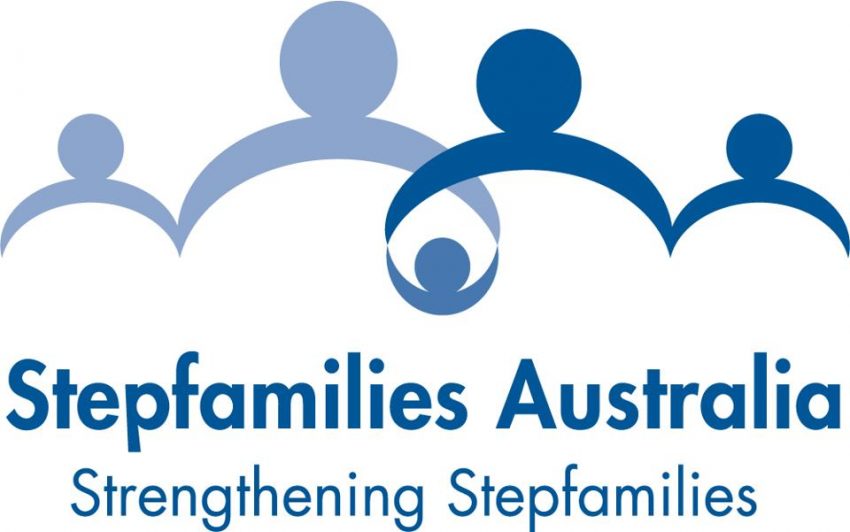“Hey Dad!!”, Master 14 begins as he bursts through the door which joins our kids retreat to out lounge room. “Vertex and Straw just helped me get Platinum Support. We capped two points with 4 and a half minutes left and we were always going to win from there!!”. The smile on his face from ear to ear and the sheer joy on his face was wonderful to see. “That’s awesome bud”, I replied, “Say hi to them for me”. “Will do”, he chirped as he bounded back out through the door and back into his happy place.
Now I share this experience, not expecting anyone other than Overwatch fans to understand what he said, but to bring attention to the mention of the names of a couple of other gamers he regularly plays online with, and refers to as friends. I want to use it to begin a conversation about the validity of online friendships versus offline and mixed-mode (combination of online and offline) friendships.
One of the many questions and comments I receive from parents is around “online” friendships that children (and gamers in general) make whilst playing online. In my experience parents generally dismiss these friendships or relationships as “not real” or somehow less important than offline relationships. When pressed parents generally explain their point of view by saying things like “Well they really don’t know each other”, “They have never met them” or “It’s just not the same as a face-to-face relationship”. Whilst I agree that an online friendship is not the same as an offline friendship, I can tell you that research is beginning to reveal that online friendships can be every bit as rewarding and fulfilling as offline relationships.
A 2017 research synthesis from the University of California and published in Science Daily discovered that the many digital behaviours of teenagers online “serve the same purpose and encompass the same core qualities as face-to-face relationships”. Researchers Stephanie Reich and Joanna Yau identified six core characteristics of offline friendships and their digital parallels – “self-disclosure, validation, companionship, instrumental support, conflict and conflict resolution”. They found that in some areas such as companionship and the management of conflict and conflict resolution, the ability to continue communication throughout the day and night, and the provision for more time to control emotions and craft responses provided by digital exchanges, made for better outcomes.
The issue of companionship is very real, especially for those members of our community who feel isolated, such as those living in rural areas or those who feel socially isolated. With the challenge of Covid-19 and the social isolation that lockdowns brought about, for many people, children included, the friendships they have cultivated online were incredibly important.
Another research paper published in partnership between Tilburg University and the University of Amsterdam in The Netherlands looked at the issue of social capital and in particular “bonding” between the 3 modes of friendship mentioned above. What they discovered was that the quality of all three types of friendship (online, offline and mixed-mode) improved with time and that whilst offline and mixed-mode friendships seemed to be of greater quality, it found that online relationships should not be discounted and provide for friendships based on perceived similarities rather than social attraction and afford opportunities to build friendships irrespective of social proximity.
Tying this back to Master 14, it is obvious how important these friendships are to him. The dialogue they have is not just game based. They share funny stories and laugh all the time, however, when taking their conversations off stream (so the whole world can’t see it) I have heard them help each other with challenges and issues like any other friend would, offline or not.
I think the greatest proof of how online friendships can evolve into something special came to me whilst being in attendance at the wedding of a family friend in December last year. On my table was a group of four men, all of whom were in their thirties. Making conversation I asked them who they were and how they knew the happy couple. Well, it so happens the groom Karl, an avid gamer, had grown up with Charlie, however had lost touch until reconnecting online over 15 years ago. They played together and Charlie invited his mate Jim, who invited his friend Noel and for years they continued to meet online at least once a week to play their game of choice and catch up. Really no different to my mates and I catching up for coffee on a Wednesday night. What struck me though, in having a conversation with these men, was just how strong their friendship was. This was illustrated to me by the fact that they had all travelled from interstate to be at Karl’s wedding, the same way he had done to be at theirs. I also discovered that they had done the same to share in the joy of the birth of each of their kids and to help each other through difficult times such as divorces and break ups. And if there was any doubt before, the speech Charlie gave was one of the most heartfelt and touching speeches I had ever heard and removed it all.
I left that wedding thinking of Master 14 and his online friendships. I’ve never been one to disregard these types of friendships, however prior to that night I had never really considered just how impactful these relationships can be. Karl and his crew had left an indelible mark on me, and really opened my eyes to just how important these friendships can be. Perhaps as parents we should take a different view of these online relationships. Yes, we didn’t grow up with them, but I don’t think that just because we don’t understand them, we should dismiss them out of hand. Of course, we don’t want online friendships to be our kids only friendships, but we have to acknowledge their importance in our kids’ lives.









